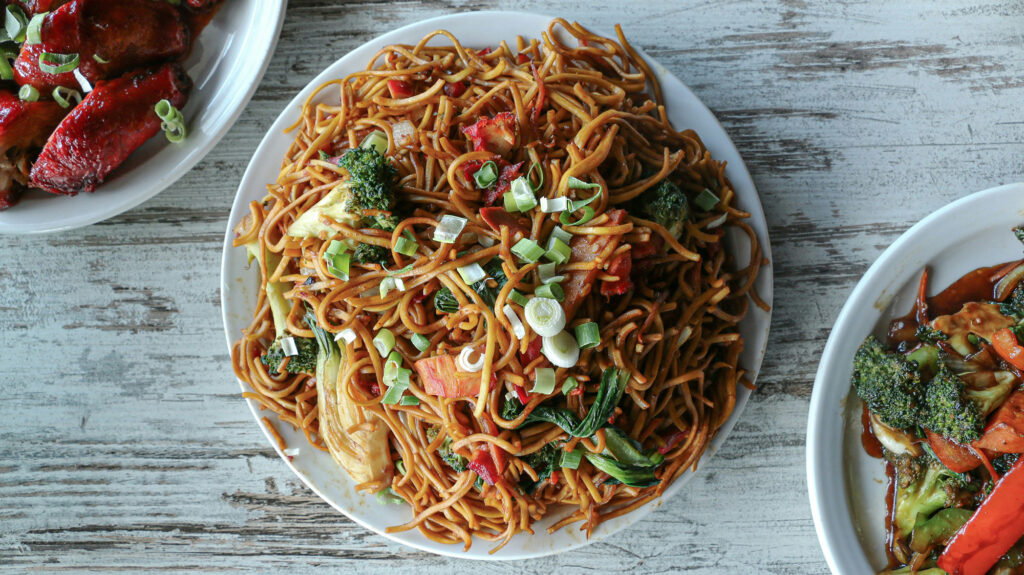Daliya, also known as cracked wheat or bulgur, is a low-glycemic index food, so it is slower to break down than simple carbs. It results in a gradual rise in blood sugar levels rather than a sudden spike. Additionally, Daliya is rich in complex carbohydrates that take longer to break down. However, adding sweeteners to Daliya can rapidly spike the blood glucose level.
Stabilise your blood glucose level while eating Daliya
• Try pairing Daliya with protein and healthy fats, such as eggs or nuts. It slows down the absorption of carbohydrates further.
• You may consume Daliya in moderation and as part of a balanced diet, as excessive intake can still impact blood glucose levels.
• Consider preparing Daliya in savoury forms, like adding plenty of vegetables with herbs and mixed spices.
• You may pair Daliya with ghee or grass-fed butter for better safety and slow release of glucose in the blood.
Daliya is a good source of complex carbohydrates, fibre, and protein. It helps slow down the release of glucose into the bloodstream. Even though Daliya is a low-GI food, consuming it in isolation can cause hyperglycemia. Consuming Daliya regularly as part of a balanced diet can help manage blood sugar levels.







